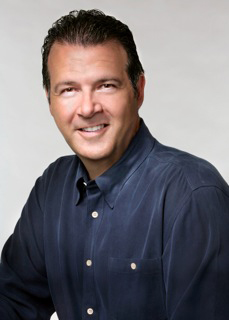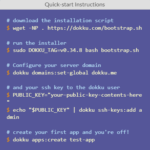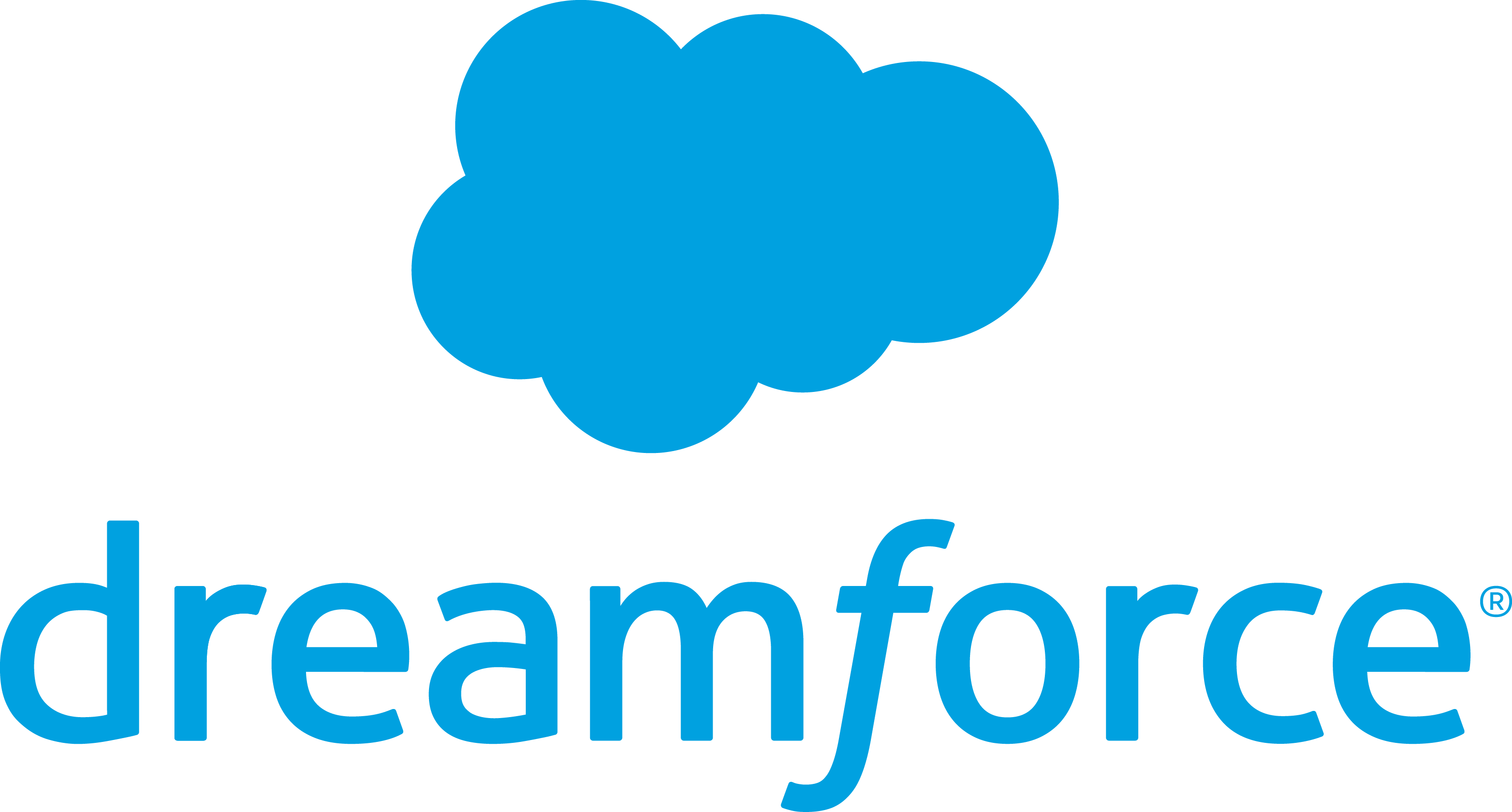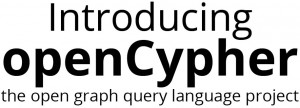Tod Nielsen has been in the software industry since it was only first becoming an industry. In the 1980s and 1990s, he worked at Microsoft, cutting his teeth on projects that would eventually lead their respective markets. In the 2000s, Nielsen worked at BEA Systems and Oracle, and eventually headed up Borland as CEO. He then took the COO job at VMware.
But in June, Nielsen accepted the position of CEO of Heroku, a surprising choice given that Heroku is owned by Salesforce, and that VMware and Salesforce have not exactly been friendly with one another. He took over the job from Heroku’s former CEO, Byron Sebastian, who is currently on a sabbatical that began only a few months after the Salesforce acquisition. We spoke with Nielsen about his time in the industry, and his plans at Heroku.
SD Times: What are your priorities as CEO of Heroku?
Nielsen: I have been fortunate enough to have been around the block a few times, and I have a lot of experience with developers. But I also know the world has changed with the cloud taking off, so I am taking a lot of time with employees just learning and trying to understand whether my views and biases are correct.
I’m meeting with every employee in the company, one on one. I’m trying to gain an understanding of what they do, why they came here, what they love, what we could do better. Once I get that data absorbed and collected, we’ll more clearly be able to put out a list of priorities. Really, for this month, it’s to continue to learn and absorb what we have.
 What’s with the hate between Salesforce and VMware? They don’t even compete with one another yet. That VMforce partnership never even made it out of the gate.
What’s with the hate between Salesforce and VMware? They don’t even compete with one another yet. That VMforce partnership never even made it out of the gate.
I think it’s more of an issue of down the road. Part of the issue back then was different leadership. Marc Benioff has one style, Paul Maritz had a different style. They kind of clashed as both companies were trying to beat their chests over who owns the cloud, who is the pioneer in the cloud. They got messed up, and it all came to a head when Salesforce bought Heroku and took their own PaaS service. That led to the end of VMforce, and that caused some tensions as well.
VMware was very much focused on private. Heroku doesn’t even believe private exists or should be a thing. How do you rectify this switch in your direction now?
The good news is I am glad I have that experience at VMware. They haven’t talked to many customers that have a requirement or desire for an alternative PaaS outside of Amazon at Heroku. I can bring that perspective. One of the things I’ve learned is that the Salesforce folks have done a tremendous job working with customers. In customers’ minds, there is a private cloud they would have in their own data centers, there’s the Salesforce data centers, and then there’s the unwashed cloud at large. So Salesforce does a tremendous job of earning the trust of their customers that they can run a data center or cloud in a trusted way.
#!
There are a lot more private PaaS offerings now from many different vendors, most embracing polyglot. How does Heroku feel about polyglot PaaS?
In many ways, it’s a logical movement. If I look back 15 years, you were either a .NET developer or a Java developer. These days, there’s so much fragmentation, any vendor betting on one language is going to limit their broad appeal. So I think that’s going to be the name of the game for at least the next five years; that you’ll see most of the platforms try to provide support for a variety of languages and frameworks and tools.
What’s changed the most since you last headed up a developer-focused company?
The interesting thing is what happened back in the 1980s. You had a large set of line-of-business people that can do a lot of development themselves. With products like Ebase and Paradox and Access, there were a lot of people starting off as a wedding photographer, and they’d built a database and ended up in the software business. “I’m no longer a wedding photographer, I’m selling wedding-photographer applications.”
These days, the sophistication of developers has risen to where I don’t see that as much. It’s rare to find the line-of-business person who has no real formal training in development say, “I can build software and run my own stuff.”
I think with mobile, the back end is changing and requires a certain level of complexity, and that’s what Heroku has done well: simplifying that so you can focus on your application rather than target platforms and all those issues.
The biggest change is the cloud and what it takes to build an application of significant scale now is completely different. Think about the early 1990s, when Novell was at COMDEX in 1992. They were excited to show the world’s largest LAN application with 1,000 users. These days, 16 guys can start a company called Instagram and get 30 million users in 18 months. You could never imagine that level of scale and adoption back then.
Fondest memory up to this point?
In my mind, I grew up at Microsoft. That’s where I cut my teeth, and I loved the early days of Microsoft. In the 1980s and up to the mid-1990s, it was just an incredible time to see a problem, be innovative, and drive and define an industry. I look back at that, as a lot of what I’ve been able to do and become I attribute back to those early days. I will frequently find if I am presented with a problem, I will think, “If we were faced with a similar problem back then, how would we have solved it?”
We had DOS as a leader back then, but we were No. 2, 3 or 4 in every other category. What it took to focus on customers and to win was very satisfying, and probably my fondest memory.
Are developers more important to business now than they were when you started out, or are they just more visible?
It’s a little of both. Clearly, the digital economy is happening where IP is transforming all kinds of businesses. There are books like “The New Kingmakers.” From my perspective, developers have always been crucial. Back at Microsoft, when I was creating developers in the 1980s and 1990s, we believed they were the keys to driving Windows. I don’t know that their importance has changed as much as their visibility.
Is Byron Sebastian ever coming back?
He’s enjoying tending his olive trees in Healdsburg. I know Byron really well. I hired him to work at the startup I was running when I left Microsoft. I’ve known him for 13 years. Before I took this job, I spent the day with him at his olive tree place to see what’s for real here. I can say he’s at peace, he’s happy, he’s enjoying it. He was just kind of burnt out on the whole tech sector and is cooling off.
When Byron left, the day after he left he called me and said, “You have to take this job, it’s the best job in the industry, you have to take it.” It took me nine months to come to my senses. It’s a fit for who I am, and if I can help them out here, that’ll be great.






